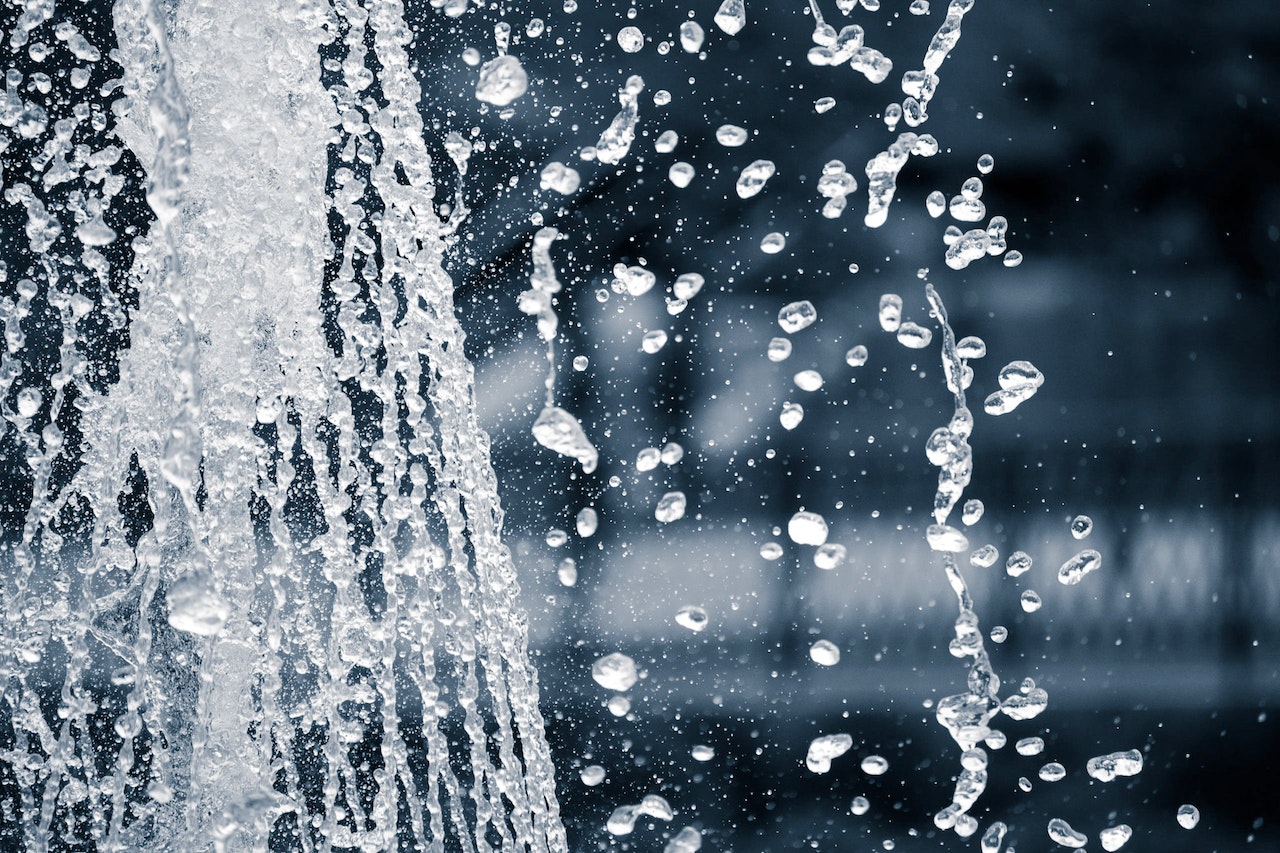
Improving the quality of water in your homestead is essential for the health and well-being of your loved ones.
The good news is there are several strategies you can use to make it happen.
In this post, we discuss five methods you can implement to improve your household’s water quality. Keep reading!
How to Improve the Quality of Water in Your Home
Discussed herein are 5 of the most effective methods that can help you refine the quality of your water.
-
Install a Water Filter
According to ROfiltermag Website, water filters come in different shapes, sizes, and price points. They lower the contaminants in your water by removing large and tiny particles alike.
While some filters target heavy metals like mercury, lead, and arsenic, others remove excessive minerals like magnesium and calcium, which can lead to hard water.
It is important to note that different filters have different capacities. Therefore, choose one that matches your water quality concerns and usage needs.
-
Replace Water Filter Cartridges Regularly
Although highly effective, water filters can, with time, become saturated with the contaminants they have trapped. This can decrease their effectiveness and pose potential health risks.
As such, replace your filters regularly (every 2 to 6 months) to prevent bacteria buildup. Also, go through the manufacturer’s manual to understand how often you need to replace your filters and how to do it.
-
Replace Old Household Plumbing
Over time, pipes made from iron, galvanized steel, or lead can corrode, releasing contaminants into the water. Replacing these pipes with safer materials like PEX or copper can reduce the risk of exposure to harmful substances.
After installation, remember to flush your water taps for at least 5 minutes daily for three days to remove the metallic taste and odor usually caused by the materials used in the construction.
-
Use a Water Softener
A water softener helps reduce water hardness by removing minerals such as magnesium and calcium ions.
These hard water minerals can affect the taste of your water and cause issues such as scale buildup, pipe and appliance damage, soap scum, and skin and hair issues.
Installing a water softener can help you mitigate the effects of hard water and improve the quality of water used in your household.
-
Clean Your Water Containers
Properly cleaned and sanitized water containers provide safe drinking water. Cleaning the containers helps prevent bacterial growth, sediment buildup, as well as mold and algae growth.
The practice also helps reduce taste and odor issues, which develop from stagnant water.
Additionally, clean water containers contribute to overall household hygiene. How? You might as. Dirty containers can transfer contaminants to hands, utensils, food, and other surfaces.
Conclusion
To improve the quality of water in your home, remember to install a water filter that matches the quality of water in your home, replace old water filters and replace outdated plumbing to avoid exposure to harmful substances.
Finally, use a water softener if dealing with hard water and wash your containers to prevent bacterial growth and sediment buildup.
Resources pages
- https://purewatersystems.com.au/blogs/news/5-ways-to-improve-the-water-quality-in-your-home
- https://www.wikihow.com/Improve-Drinking-Water-Quality
- https://rotaryserviceblog.org/2018/03/02/5-ways-to-improve-water-quality-and-access-to-water/

